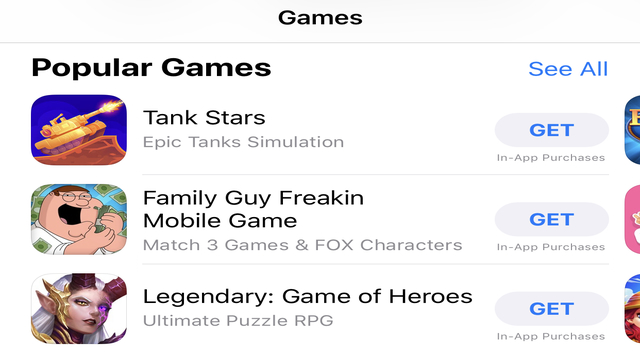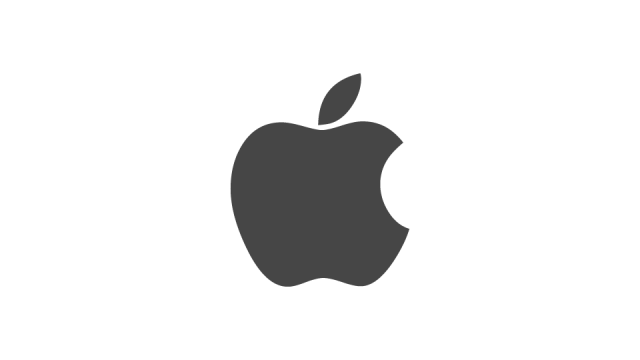Apple found itself on the losing side of a Supreme Court ruling in the Apple v Pepper case earlier this morning. The Apple antitrust lawsuit is an effort by iOS users to sue Apple for inflating prices on the App Store. The Supreme Court heard Apple’s appeal of the case but ultimately decided to rule against the company’s argument. Today’s 5-4 Supreme Court ruling is just the beginning of the Apple antitrust lawsuit, as the Apple v Pepper Supreme Court case could also have major implications for other electronic marketplaces like Google Play and Facebook. So, what exactly is Apple v Pepper?
Apple Antitrust | What is Apple v Pepper?

Essentially, the Apple v Pepper case argues that Apple’s 30% commission cut from developers in the App Store is unfair, and results in inflated prices for iOS users. Supreme Court Justice Brett Kavanaugh wrote the majority opinion for the case and stated, “A claim that a monopolistic retailer [Apple] has used its monopoly to overcharge consumers is a classic antitrust claim. But Apple asserts that the [Apple users] in this case may not sue Apple because they supposedly were not ‘direct purchasers.’”
Basically, in the Apple antitrust lawsuit, Apple is trying to say that the company is not responsible for app markup, because Apple is essentially purchasing the games from the developers. So, according to the company, if anyone should be suing Apple, it should be the game developers themselves, not iOS users.
In the Apple Supreme Court case, Justice Kavanaugh, along with four other Justices, disagreed with Apple and ruled against the company, saying that since Apple users purchase their apps directly from Apple, that makes Apple responsible to those customers. This means that according to the Apple Supreme Court ruling, the customers do have a right to sue Apple.
While the Apple v Pepper case is nowhere close to being over, it could have big implications for the company. Losing the antitrust lawsuit could result in Apple having to fork over hundreds of millions of dollars. Additionally, the Apple Supreme Court case would likely carry over to other online marketplaces and possibly change the way traditional app stores work.











